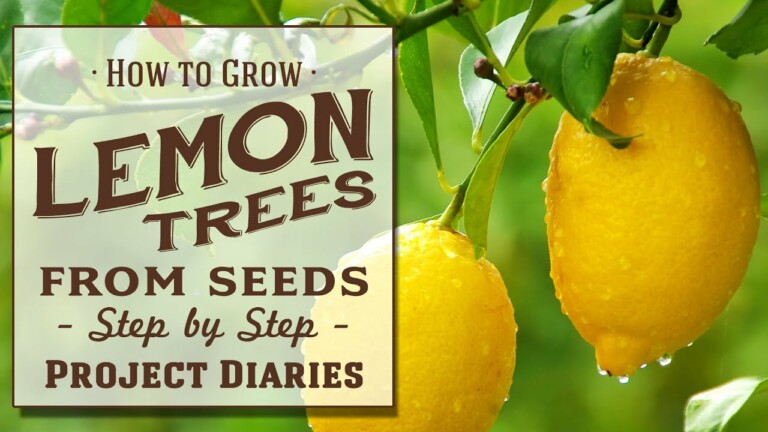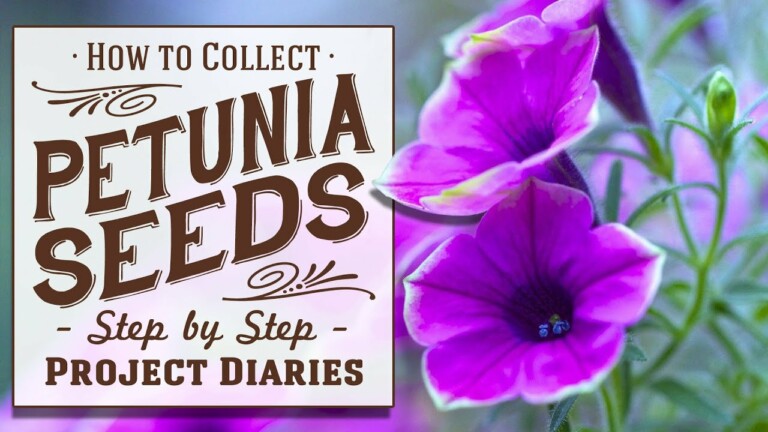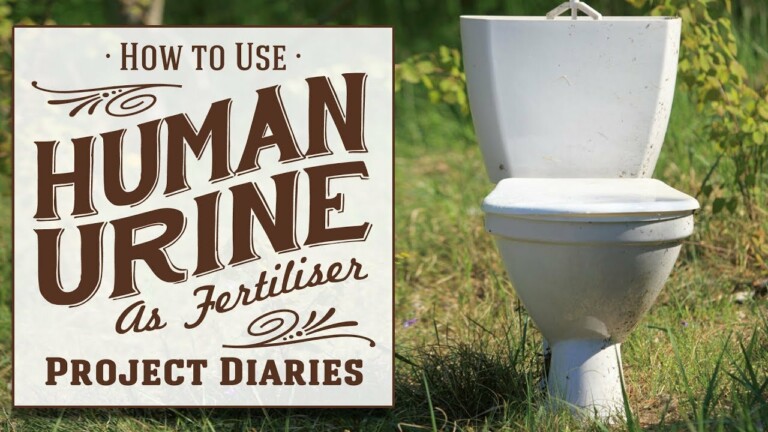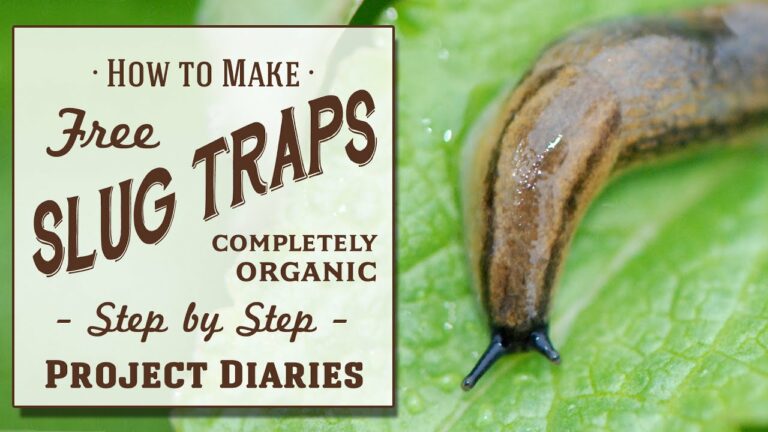★ 10 Beneficial Insects You Want in the Garden (Insect Guide)
Welcome to our blog post where we will explore the fascinating world of beneficial insects that you definitely want to welcome into your garden! As a gardener, it’s important to understand the vital role these amazing insects play in maintaining the health and equilibrium of your plants. By attracting and nurturing these helpful creatures, you can say goodbye to harmful pests and enjoy a thriving garden without the need for harmful chemicals or pesticides. So, grab your gardening gloves and let’s delve into the world of 10 beneficial insects that are truly a gardener’s best friends!
Introduction
Are you tired of battling garden pests? Are insects wreaking havoc on your plants and destroying your hard work? Well, fear not! There are actually many insects that can be beneficial in the garden, acting as natural pest controllers. In this article, we will introduce you to ten beneficial insects that you definitely want in your garden.
1. Bees: Nature’s Pollinators
Bees play a crucial role in our food supply as important pollinators. They transfer pollen from the male parts of flowers to the female parts, allowing plants to reproduce and produce fruits and seeds. Without bees, our gardens would lack the beautiful blooms and abundant harvests we enjoy. So, encourage bees to visit your garden by planting a variety of flowering plants and avoiding the use of harmful pesticides.
2. Ladybugs: The Gardeners’ Best Friends
Ladybugs are not just pretty insects; they are voracious predators of unwanted pests. A single ladybug can devour up to 50 aphids, mealybugs, mites, and other harmful insects in a day. They are a gardener’s best friend when it comes to controlling pest populations. You can attract ladybugs to your garden by planting flowers like daisies, dill, and yarrow, which they love.
3. Hoverflies: Pollinators and Pest Controllers
Hoverflies not only assist with pollination, but they also control up to 80% of aphid colonies. These small, wasp-like insects lay their eggs near aphid-infested plants. The hoverfly larvae then feed on the aphids, helping to keep their population in check. To attract hoverflies to your garden, include flowers like marigolds, sunflowers, and sweet alyssum in your plantings.
4. Ground Beetles: Natural Pest Terminators
Ground beetles are nocturnal predators that come out at night to hunt down garden pests. They feed on slugs, worms, beetles, and other insects that can wreak havoc on your plants. These blackish beetles with a shiny appearance are commonly found hiding under logs, stones, and leaf litter during the day. Providing them with shelter and avoiding the use of chemical pesticides can help maintain a healthy population of ground beetles in your garden.
5. Green Lacewings: Pest-Eating Powerhouses
Green lacewings are delicate insects with transparent wings and vibrant green bodies. They are generalist predators, feeding on a wide range of garden pests such as aphids, caterpillars, mites, and even insect eggs. Green lacewings are attracted to gardens with nectar-producing flowers like dandelions, cosmos, and goldenrod. By creating a welcoming environment for them, you can enjoy a natural and effective pest control strategy.
6. Spiders: Nature’s Trappers
While some people may cringe at the sight of spiders, these eight-legged creatures can actually be beneficial in the garden. Spiders trap and consume pests, acting as natural predators. However, it’s important to maintain a balanced spider population, as having too many can be counterproductive. Avoid using broad-spectrum pesticides that harm both harmful and beneficial insects to ensure a healthy presence of spiders in your garden.
7. Soldier Beetles: Fighters against Aphids
Soldier beetles are vibrant insects that feed on soft-bodied pests like aphids, thrips, and caterpillars. Their larvae can even consume insect eggs, making them efficient pest controllers. Attract soldier beetles to your garden by planting flowers like goldenrod, daisies, and black-eyed Susans. These insect powerhouses will scout your plants for pests and keep them in check.
8. Braconid Wasps: Biological Control Agents
Braconid wasps lay their eggs inside the eggs or bodies of other insects, preventing them from reaching maturity. They are parasitic wasps that specifically target pests like caterpillars, aphids, and whiteflies. These tiny wasps are attracted to plants like parsley, carrots, and dill, so incorporating them into your garden can provide a natural method of pest control.
9. Figeater Beetles: Aphid Annihilators
Figeater beetles are large greenish beetles that can decimate aphid populations. They can consume up to 60 species of aphids, making them highly effective aphid control agents. Figeater beetles are attracted to flowers like roses, sunflowers, and hibiscus. By planting these flowers, you can draw these beetles to your garden and enjoy their pest-fighting benefits.
10. Damsel Bugs: Versatile Predators
Damsel bugs are generalist predators that feast on aphids, mites, thrips, and other small garden pests. They are attracted to plants with small, nectar-producing flowers such as daisies, dandelions, and fennel. By creating a favorable habitat for them, you can encourage damsel bugs to stay in your garden and help control unwanted insect populations.
Conclusion
Incorporating these ten beneficial insects into your garden can transform it into a thriving ecosystem where natural pest control is the norm. By attracting and supporting these helpful insects, you can reduce the need for harmful pesticides and enjoy the benefits of a healthy and productive garden.
FAQs (Frequently Asked Questions)
-
How can I attract beneficial insects to my garden?
- Plant a variety of flowering plants that produce nectar and pollen.
- Avoid using chemical pesticides that can harm beneficial insects.
- Provide shelter and suitable habitat for different insect species.
-
Are all spiders beneficial in the garden?
- No, some spiders can also damage plants or have venomous bites. It’s important to maintain a balanced spider population.
-
Can I purchase beneficial insects to release in my garden?
- Yes, you can buy certain beneficial insects like ladybugs or green lacewings from reputable online sources. But it’s important to release them at the right time and in suitable conditions.
-
What are some signs of a healthy insect ecosystem in the garden?
- Seeing a variety of insects, including pollinators and natural pest controllers.
- Noticing minimal damage caused by pests and healthy plant growth.
- Observing a balance in insect populations without any major outbreaks.
-
Are beneficial insects harmful to humans?
- Generally, beneficial insects do not pose a threat to humans. However, some people may have allergies or sensitivities to certain insects, so caution should always be exercised when handling insects.






